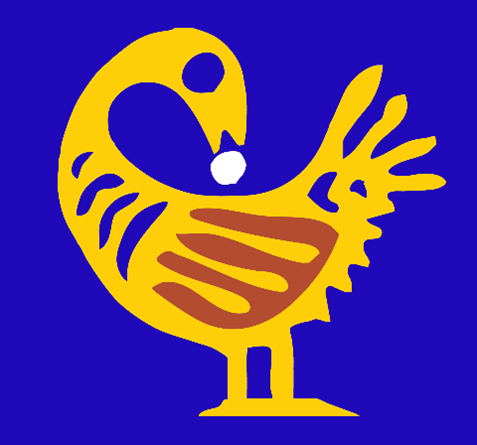The Africana Studies minor offers students an opportunity to explore the histories, cultures, traditions, intellectual innovations, artistic works, and contributions of African and African-descended peoples around the world through a critical and interdisciplinary lens — from the African continent itself, to Europe and Asia, to the Caribbean and the Americas.
Program Snapshot
| Program Type | Format | Credit Hours |
|---|---|---|
| Minor | On Campus | 19 |
Drawing from diverse fields, including anthropology, history, English, theater arts, political science, philosophy and sociology, the Africana Studies minor takes a holistic approach, exploring everything from music, dance, and spirituality to literature, political thought, and social movements. It examines the enduring legacies of slavery and colonialism, alongside the rich traditions of Black resistance, creativity and scholarship. Students are invited to consider how systems of oppression are constructed and challenged and how Black communities across the globe have imagined and enacted new possibilities for freedom, justice, and belonging.
At Wilkes, Africana Studies is more than an academic pursuit. It is a platform for critical thinking, civic engagement, and transformative learning. Whether students are preparing for careers in education, law, public service, academics, the arts, or health, the program equips them with the intellectual tools and ethical grounding to make meaningful contributions to an increasingly interconnected and inequitable world.
Program Requirements
The Africana Studies minor consists of diverse courses including History, Literature and the Arts, and Social Theory.
What can I do with a minor in Africana Studies?
An Africana Studies minor will strengthen your ability to think critically, communicate effectively, and engage thoughtfully with questions of race, power, identity, and justice, preparing you to work effectively in diverse environments, whether locally or internationally—skills that are increasingly valued across careers. The interdisciplinary nature of the minor also prepares students for graduate studies in the humanities or social sciences.
Students who minor in Africana Studies go on to pursue work in areas such as:
- Law and public policy
- Education
- Social justice and nonprofit work
- Journalism and media
- International development and human rights
- Medicine, healthcare, and public health
- Arts, performance, and cultural production
- Business, marketing, and community engagement
Most importantly, the minor prepares you to be a more informed, ethical, and engaged citizen in an increasingly interconnected and unequal world.









